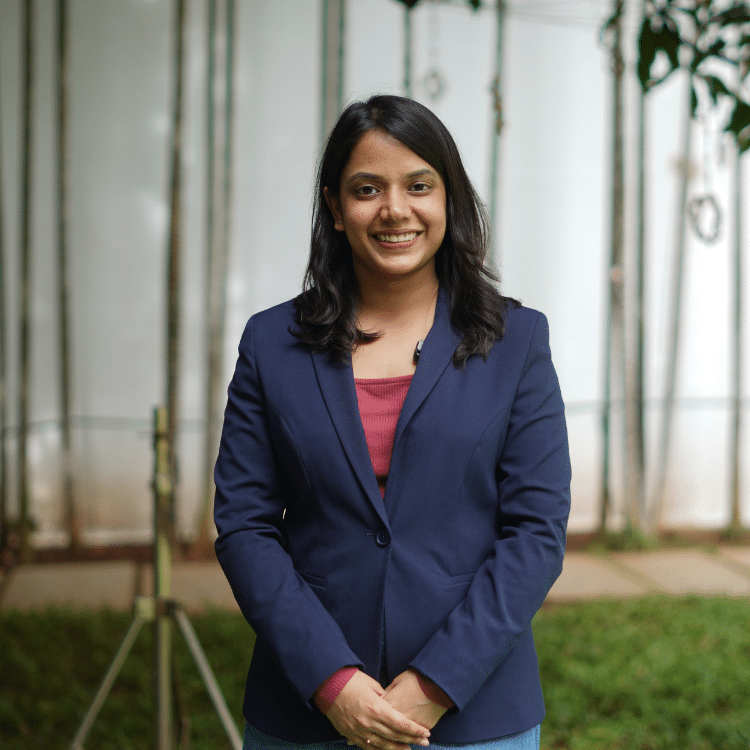Participant reflections: Transformative lessons from Bengaluru’s Circular Economy Journey
I had the amazing opportunity to participate in the 2-week residential programme, ‘Circular economy Journey,’ hosted by Climate-KIC and Second Muse in Bengaluru city, India. At the start of the programme, our programme manager and project lead of the Journey, Sylvia Doglioni, promised that this journey would become an integral part of our lives and leave a lasting impression. True to her words, it did. I left with lifelong friends, invaluable mentorship from talented programme coaches and coordinators, and the inspiring experience of seeing people from diverse backgrounds unite with a shared goal.
This programme posed one question for the seven teams, “How can innovation help Bengaluru create a circular economy that prioritises waste prevention and reduction?” For two weeks, we worked relentlessly to brainstorm and develop innovative solutions. This would not have been possible without the immense support, the practical tools, and insights we received throughout the program. One of my major highlights was emphasis on staying connected to the ground reality – we visited the waste collection centres, met local recyclers, and witnessed the challenges faced by the off-takers in the city. This immersive experience combined elements of circular economy, social inclusion and sustainable development, entrepreneurship and business management course, compelling us to absorb the complexity of the problem and think strategically and creatively about the solutions.
Every day and every session brought new learnings that will continue to guide my approach moving forward. Thought-provoking discussions highlighted the need for awareness and system implementation to work hand in hand, the convergence of circular business model and traditional models, and the real-world challenges faced by people involved in waste management due to lack of a robust ecosystem. This capacity-building program showcased the value of breaking down silos and adopting collaborative approaches to effectively tackle sustainability challenges.
Over these two weeks, we gained a wealth of knowledge—from the basics of Circular Economy to real-world applications, designing circular business models, and pitching our ideas effectively to the right audience. Whether it’s about changing consumer behaviour, improving waste management, or fostering innovation, this journey equipped us with tools and insights to guide our sustainability efforts. I now have a platform I can rely on for support when developing my own circular solutions in the future.
I will forever carry forward the knowledge, the practical experiences, and the connections made during this incredible programme as I continue my work in the sustainability space.
Words by: Khushboo Garg



